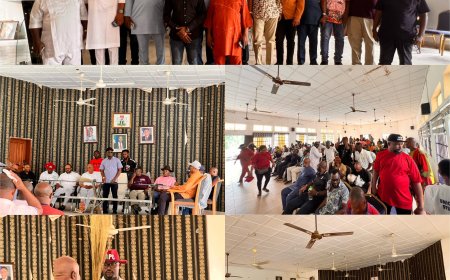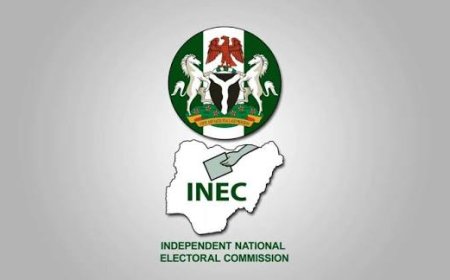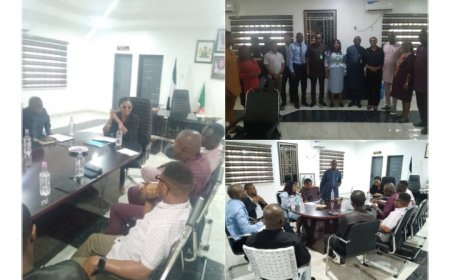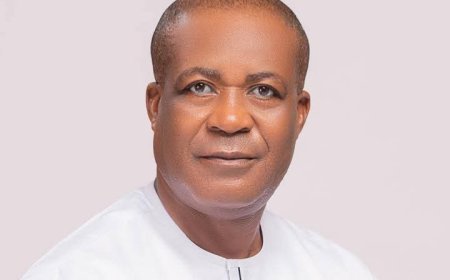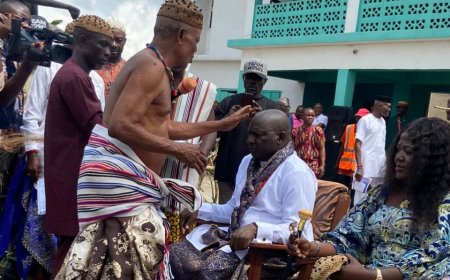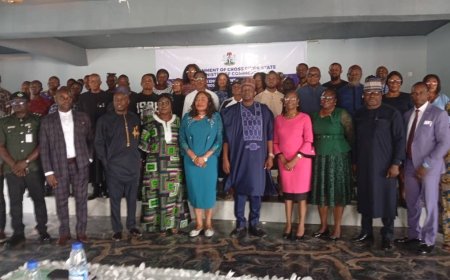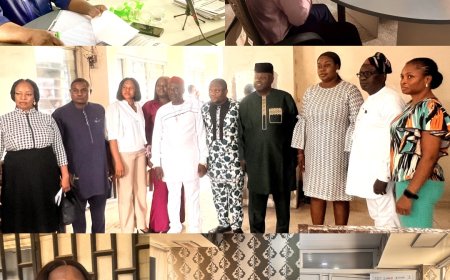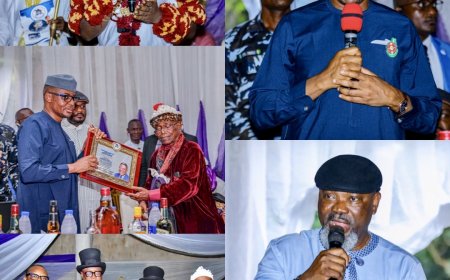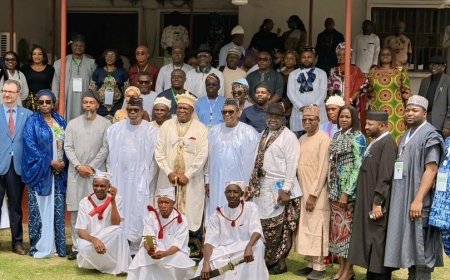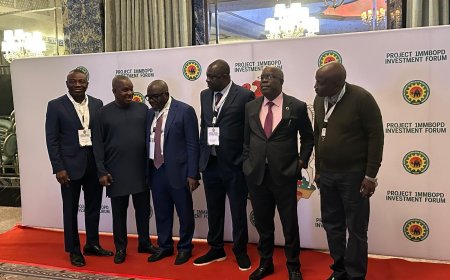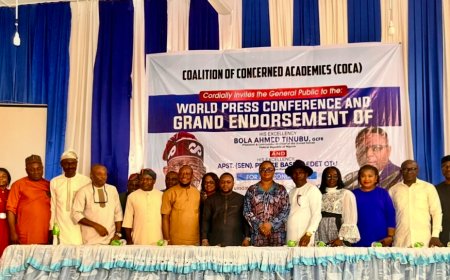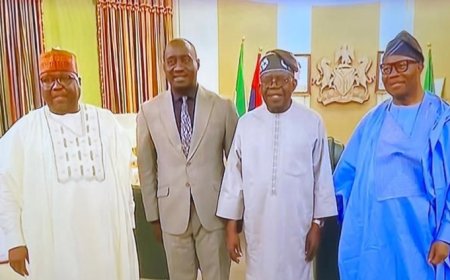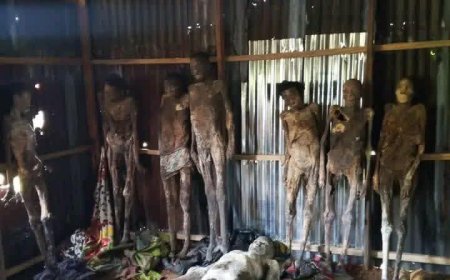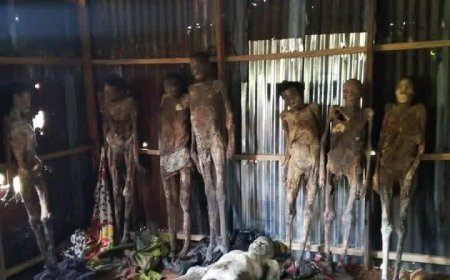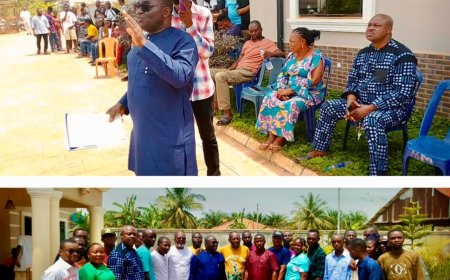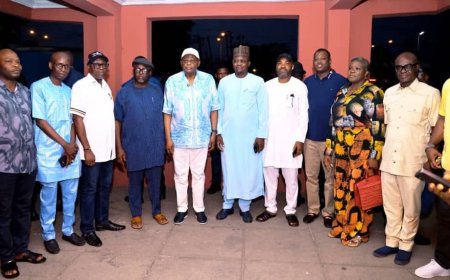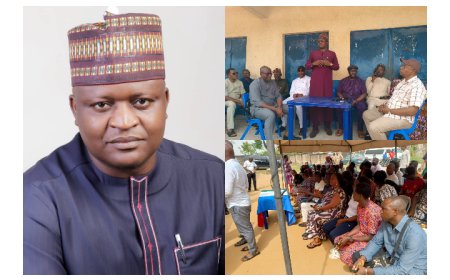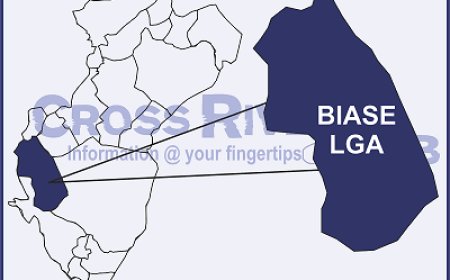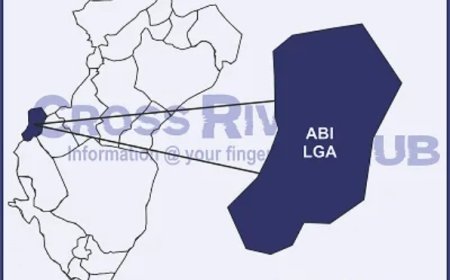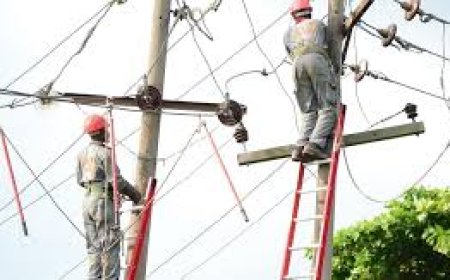Bakassi: Unending Narratives of Diplomatic Intrigues And Oil Revenue Controversies
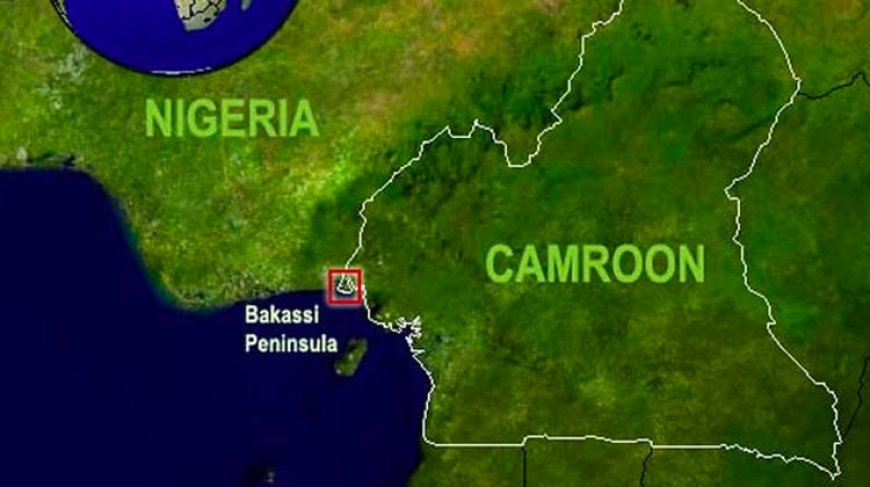
By Akpandem JAMES
The Bakassi Peninsula appears lost, as far as Nigeria is concerned. It was handed over to Cameroon on August 14, 2008. This followed a complex legal and diplomatic battle marked by an International Court of Justice (ICJ) ruling in 2002 and the Green Tree Agreement (GTA) of June 12, 2006. Seventeen years later, the controversy that trailed the handover is yet to abate.
The handover not only altered Nigeria’s geopolitical landscape but also sparked enduring controversies surrounding territorial sovereignty and, critically, oil revenue allocation.
The challenges brought about by that development continue to emerge, each time resurfacing like the many heads of a hydra. Just when it seems that one issue is laid to rest, another contention floats, demanding critical attention.
The recent spat between the governments of Cross River and Akwa Ibom regarding the ownership of 76 oil wells along the eastern coastline, which has become a recurring decimal in the revenue pursuits of the two neighbouring states, has brought into the arena the big masquerades that are raising profound dust with their monumental dance steps. They are weighing in on the diplomatic and economic gymnastics that have continued to unveil the hidden trails of the unfortunate episode.
Obong Victor Attah, who was governor of Akwa Ibom State when the final decision to hand over the peninsular to Cameroun, and Etubom Anthony Ani, Minister of State for Foreign Affairs in the Abacha regime and a High Chief of Cross River heritage, have recently escalated conversations on matters arising from the venture, which Chief Olusegun Obasanjo was the undertaker, as then Nigerian President.
While Obong Attah, who recently appeared on Channels Television, focused on the ownership of the oil wells, following renewed contention by the Cross River State government, Etubom Ani, in a recent publication, tactically evaded direct intervention on the intra-Nigerian dispute over oil wells. To him, the international legal and diplomatic outcomes on the ownership of the contentious peninsula have narrowed the potency of the internal disagreements. He rather expressed strong indignation over what he termed “the diplomatic and administrative blunder” that resulted in the transfer of the peninsula to Cameroon.
However, Dr. Agwu Ukiwe Okali, a former Assistant Secretary-General of the United Nations, believes that the haste in the handover was obviously without consideration for the deeper sovereign, diplomatic and social implications. It must have been more of an ego-driven pursuit by Obasanjo.
Before the ICJ ruling, Cross River State was considered a littoral state, possessing direct access to the Atlantic Ocean through the Bakassi Peninsula. This status granted its control over the now-disputed 76 oil wells, a significant source of federal revenue.
However, with Bakassi now in Cameroon, Cross River effectively lost its coastline and its claim to these oil wells. As a result, the federal government reallocated the wells to Akwa Ibom State.
This reallocation drastically reduced Cross River’s share of oil derivation revenue, causing considerable dissatisfaction. The state contested the decision in the Supreme Court.
However, in 2012, the court ruled in favor of Akwa Ibom, confirming that the petitioner was no longer considered a littoral state and therefore could not claim ownership of the oil wells. Despite this and other interventions, the two states returned to the trenches in the last two months, further escalating the conversation.
Obong Attah has been a prominent voice in this conversation. During the Channels Television interview, Attah reiterated that Cross River’s littoral status was entirely dependent on access to the Atlantic Ocean via Bakassi. The apex court ruling confirmed the loss of that status. That left Cross River landlocked, with only a few islands, and therefore no longer a littoral state.
Attah dismissed any claims that Akwa Ibom owes Cross River compensation for the oil wells, as well as any suggestion of negotiation. “Oil wells are not gifts; they are tied to land. Unless Nigeria’s boundaries are to be redrawn, which is unthinkable, there is no basis for negotiation.” He also dismissed payment of N500 million to Cross River during his tenure, emphasising that legal processes upheld Akwa Ibom’s ownership and left no basis for any form of compensation.
“During my tenure, Cross River went to court hoping to gain oil wells from the ICJ decision. But when the judgment went against them, they withdrew the case. I countersued and insisted that the Supreme Court and the Federal Government uphold the ICJ ruling. The Court affirmed that Cross River is not a littoral state. Oil wells belong strictly to the state in whose territory they fall. Nobody has ever provided proof that Akwa Ibom is drawing revenue from Cross River oil wells. Boundaries dec
